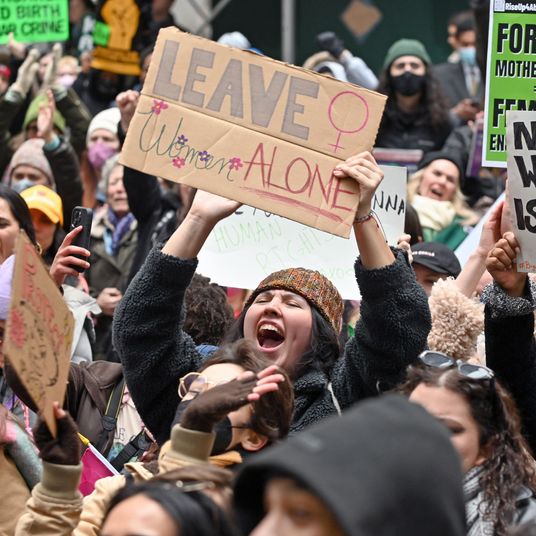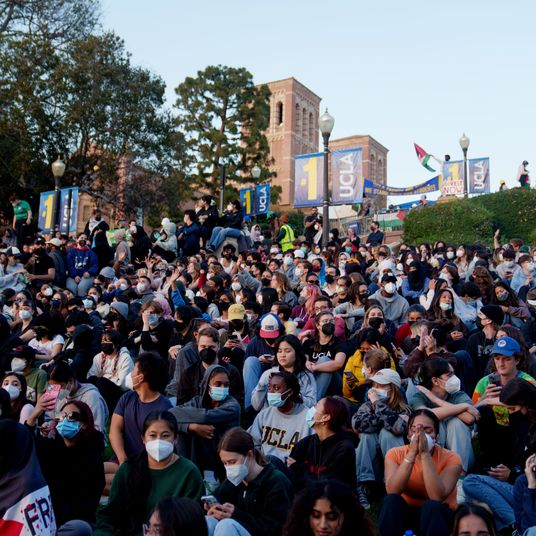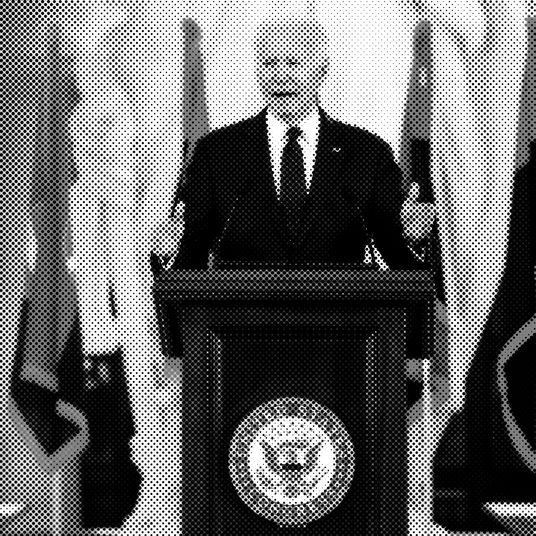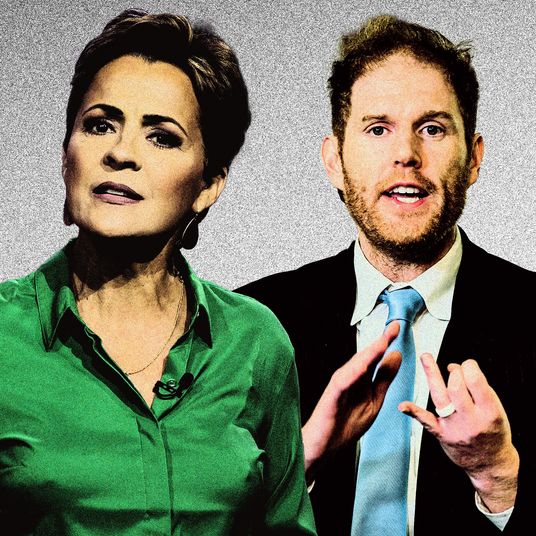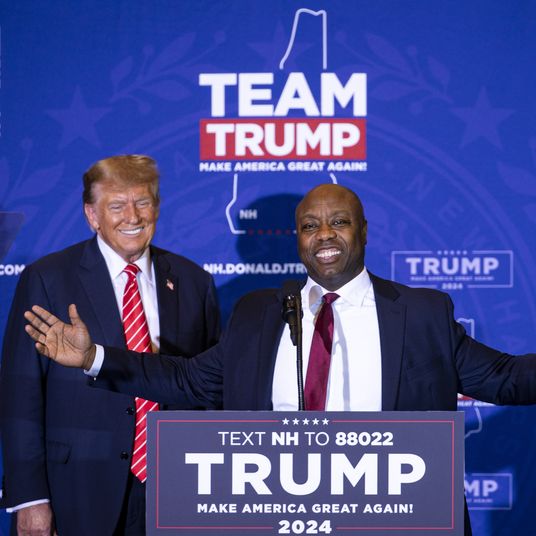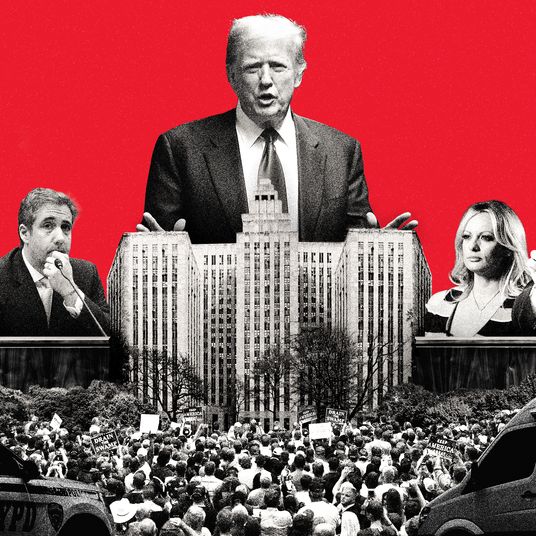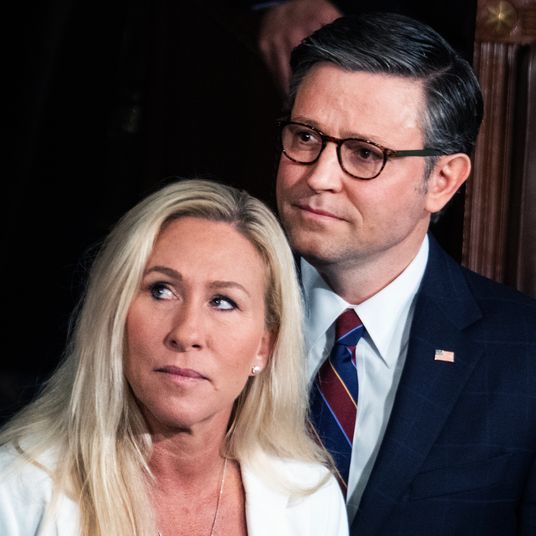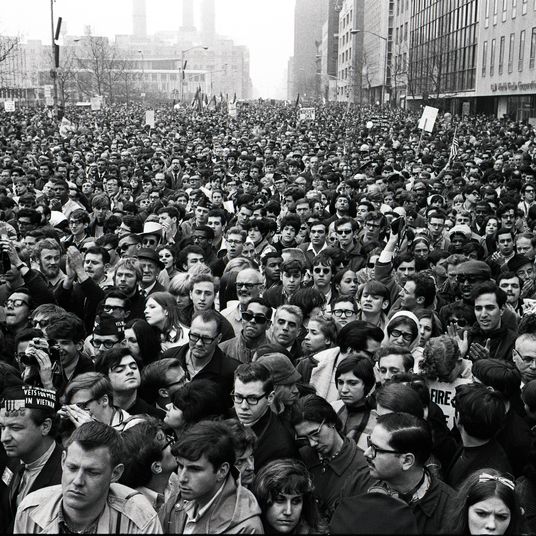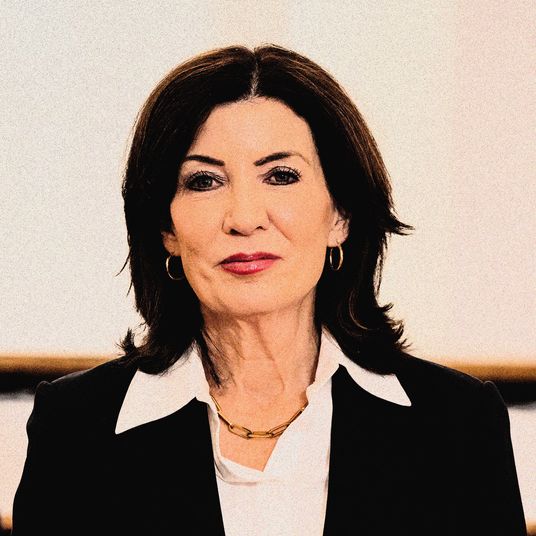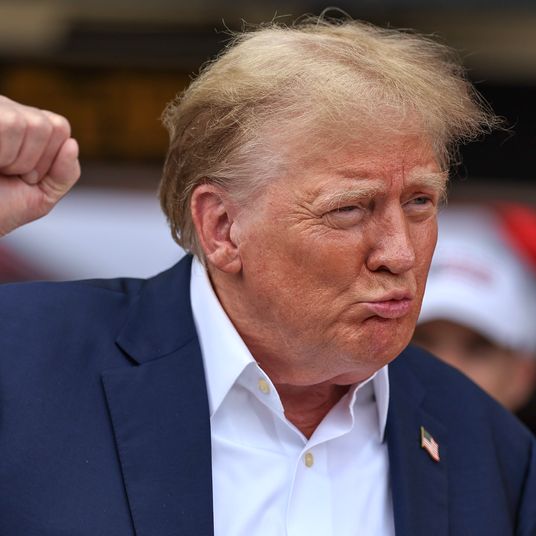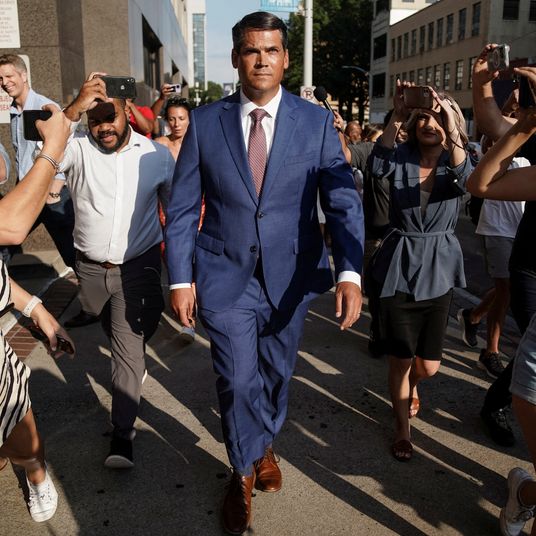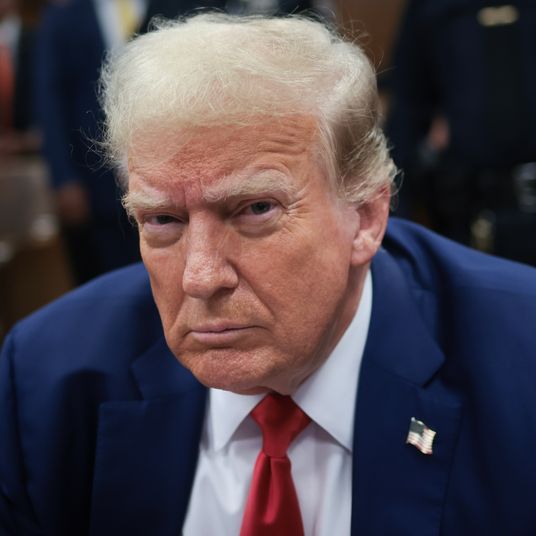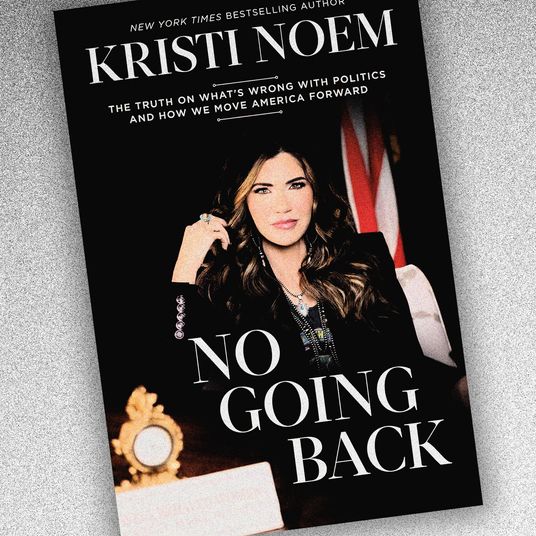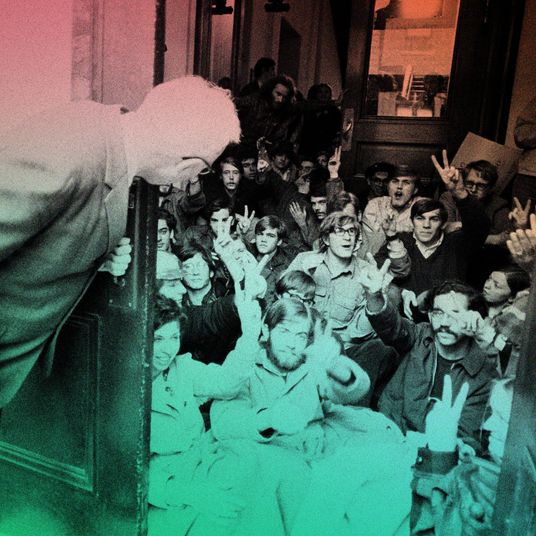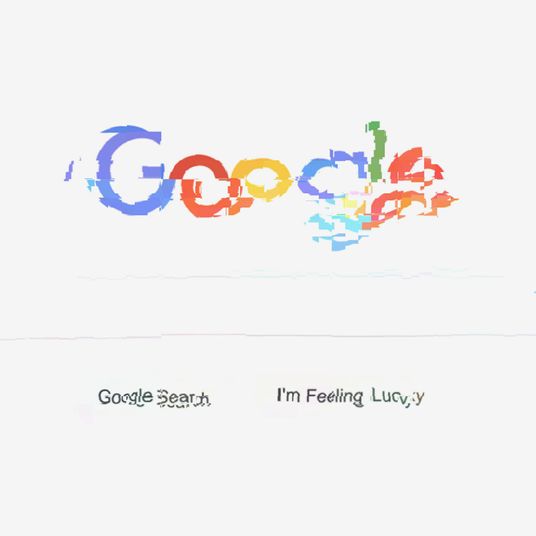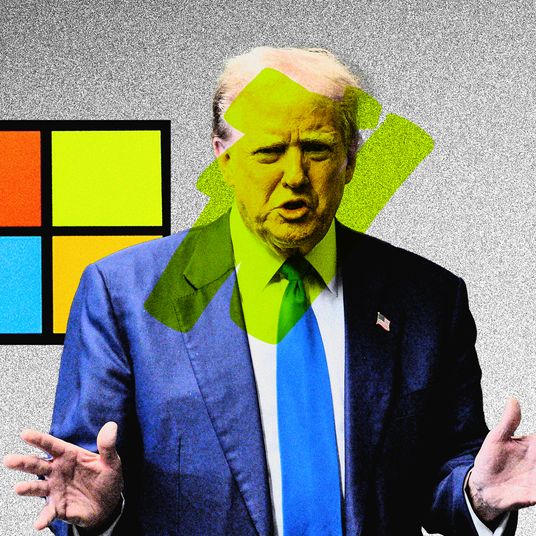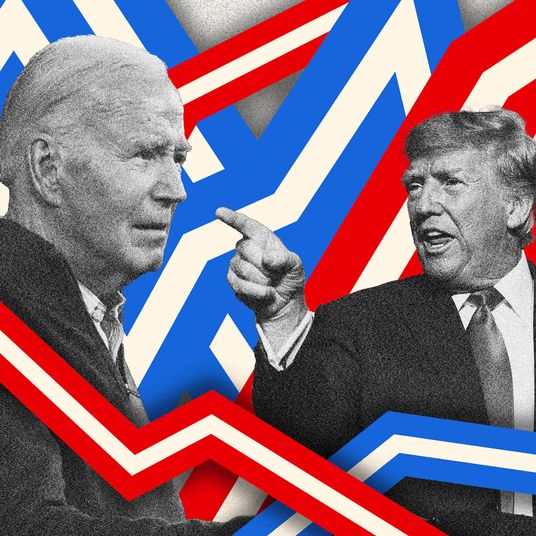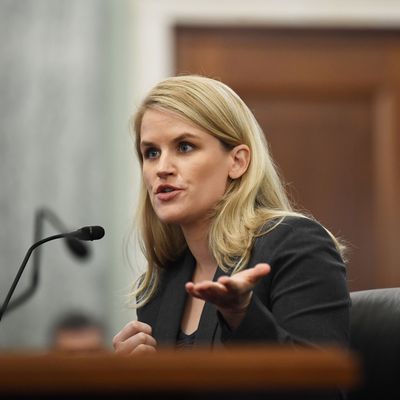
Amid years of ongoing crisis, Facebook in recent weeks has faced the public-relations equivalent of nuclear annihilation. Francis Haugen, a former Facebook employee turned whistleblower, displayed Snowden-like savvy in spiriting out thousands of pages of incriminating company documents, sharing some first with The Wall Street Journal, then others with a consortium of a dozen-plus news organizations. After a tentative embargo, the dam broke over the weekend, flooding the internet with troubling reporting on Facebook’s operations. Yesterday, according to the media analyst Jason Kint, there were 76 news reports chronicling Facebook’s role in everything from online hate speech to human trafficking to ad fraud to the January 6 insurrection. There is much more to come, along with the requisite congressional hearings and embarrassing television interviews with defensive Facebook executives and flacks.
But it’s hard not to approach the latest batch of negative Facebook stories with a jaundiced eye, if not a cynical one. We are undoubtedly at an inflection point for critical reporting on Facebook. There are more disturbing stories and blanket condemnations of the company than anyone could keep up with. But it’s worth asking whether it can move the political needle, and whether it has all come too late.
It may be hard to remember, but there was a time when Facebook had a decent reputation as an exciting new network for connecting friends and family. Sure, regulators, academics, and privacy activists had been critical of the site since its 2004 inception, but few listened to them as Facebook skated through the George W. Bush years with only minor reputational damage. Facebook brought us a new culture of surveillance, while also deputizing CEO Mark Zuckerberg as that culture’s arbiter of social norms — a fearful prospect, to be sure. But the company had not fully metastasized to dominate social media and internet communications; monopoly was still a few years off. And a generally credulous tech press welcomed Facebook’s promises to change the world for the better.
The problem turned out to be that Facebook did change the world, in complex and deleterious ways that the broader public is only beginning to understand — even if some of Facebook’s harms were apparent from the start. Only after the 2016 election brought us the shock of Trumpism did the narrative around Facebook definitively shift (the 2010 release of the film The Social Network was a shot across Zuckerberg’s personal bow, but didn’t take aim at the company itself). Whereas the Obama campaign’s sophisticated use of Facebook’s ad-targeting features was considered novel and impressive in 2008 and 2012, Trump, in the eyes of many observers, was up to something much darker. He and his shadowy Russian backers were allegedly not using the platform to win an election, but to manipulate one. Rather than reinforcing our democratic fabric, Facebook was tearing it apart.
Or so went the new orthodoxy, as it became routine to call Facebook a threat to democracy, often without enumerating any specific dangers. In its breathless, belated denunciations of Zuckerberg’s diabolical creation, the American media seemed to be playing catch up. Suddenly forced to confront the messy realities of a supranational digital platform connecting the world under an all-seeing corporate data-collection apparatus, journalists threw everything they had at Facebook, churning out well-reported investigations into C-suite decision-making, the awful work conditions of content moderators, mishandling of user data, disinformation, the company’s high-level relationships with the Trump administration, its disastrous role in Myanmar’s Rohingya genocide, and its facilitation of censorship and influence campaigns by authoritarian regimes around the world. There were front-page blockbusters in major newspapers, highly touted books paraded on morning news shows, cringeworthy congressional hearings, Zuckerberg’s robotic promises to do better, and, with the election of Joe Biden as president, intimations of regulatory and anti-trust actions to come.
Still, almost nothing has meaningfully changed. With Instagram and WhatsApp completing its troika of billion-user platforms, Facebook’s power and profitability continue to grow. The incursions of TikTok aside, Facebook still has no meaningful competitors — as a recent lawsuit charges, Facebook may have secretly collaborated with Google, ostensibly a rival, to rig the online advertising market, cementing a deal in which Facebook received preferential rates and placement in ad networks in exchange for helping Google suppress competition from other adtech companies. Many users despise Facebook and the monopolistic status quo, but they feel they have no sufficient alternative.
The public sphere seems to be helpless to tame Facebook and our lawmakers are similarly useless. The company has received all manner of opprobrium yet is still restrained only by the whims of Mark Zuckerberg, who holds a majority of voting shares, giving him autocratic control over the company and its board. If Zuckerberg wants to censor Vietnamese dissidents so that Facebook can continue doing business in that country, then he will, and no one can stop him. So far as I can tell, it’s not possible for a company to die of shame.
The ongoing reporting — lumped broadly under the moniker the Facebook Papers, after the Journal dubbed its tranche the Facebook Files — remains important work. There’s much to be learned about how Facebook operates and how, like an oil or cigarette company, it has been well aware of the problems its products cause. Twitter pedants like to react to news of corporate or government malfeasance with “we already knew this” or “why are you surprised?” But establishing an evidentiary record is useful; many people don’t know this stuff; and as Sophie Zhang, another Facebook whistleblower who preceded Haugen, found, sometimes people don’t listen the first time around.
But in the case of Facebook, some of the key structural problems — the company’s business model and its size — have been apparent for years. Facebook is an exemplar of surveillance capitalism, harvesting as much data as possible, pursuing scale at all costs, and coercing users toward clicking on ads and spending more time on the platform. It has no other appreciable values, certainly no moral ones, no matter what narrative Zuckerberg might retcon onto the company’s history. (The original sin of TheFacebook, of course, was Mark Zuckerberg’s libidinous mission to rank Harvard’s coeds by relative hotness.)
Everything distasteful about Facebook, including its unmanageable size, flows from its business model, which is infinitely scalable. Yes, we should break Facebook up, but we also must break its business model of ever more granular user surveillance. Without the urge to record, shape, and monetize users’ every thought and click, the platform’s incentives change enormously — and perhaps for the better. But Facebook is not going to give up its cash cow willingly. Only sweeping policy changes can do that — a national data privacy law, regulators that can audit algorithms and police the data trade, wholesale prohibitions on the collection and sale of certain types of personal information, outlawing targeted advertising, nationalizing some tech firms and running them as public utilities.
Will any of that happen? At a certain point in a faltering democracy like ours, accountability journalism starts to seem like a grim form of spectatorship, as we’re made helpless witnesses of our country’s political impotence. Whatever the reporting achievements of the Facebook Papers, there is a certain shortsightedness in foregrounding Facebook’s internal power struggles or its mishandling of misinformation over the company’s core business model and its role, along with Google, in pioneering a dangerous new permutation of digital capitalism. As scholars and civil society activists have warned for years, the problems with Facebook are built into the machine’s structure. It cannot be reformed; it can only be dismantled and hopefully made into something less threatening. But at least now, we can’t say we didn’t know.
More on the facebook papers
- Planet Facebook
- Zuckerberg Pivots to Creators and Renames Facebook Meta
- What Is Being Leaked in the Facebook Papers?





